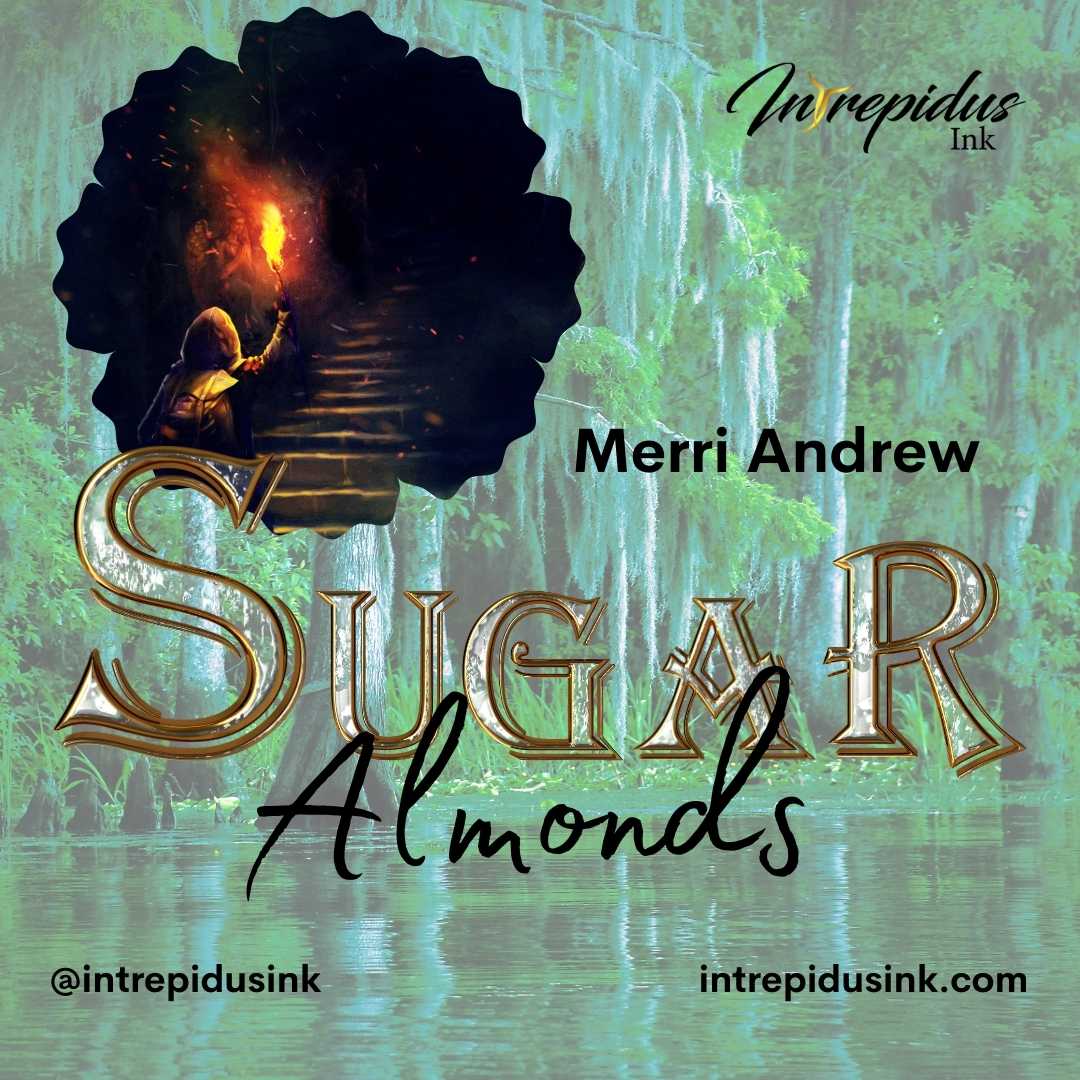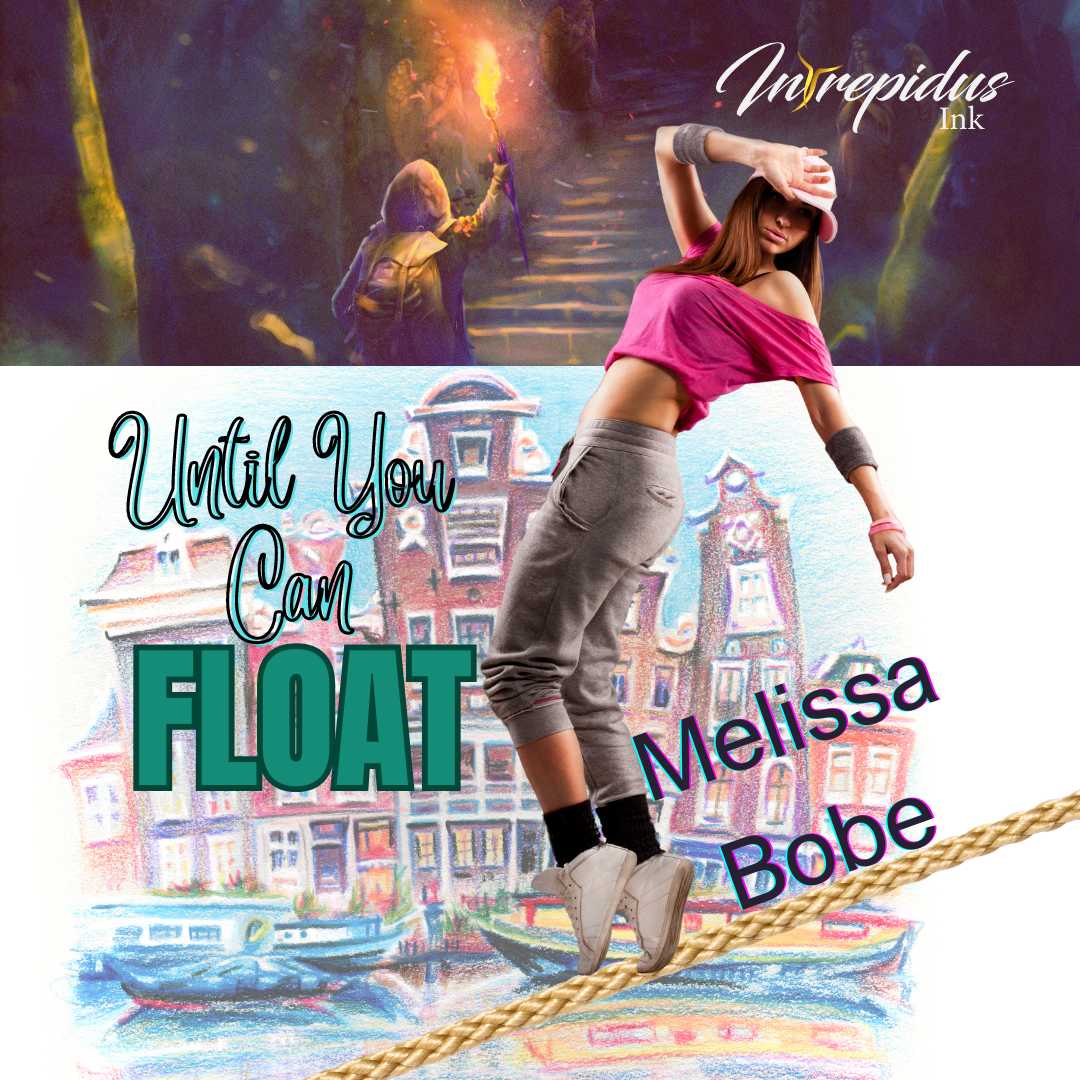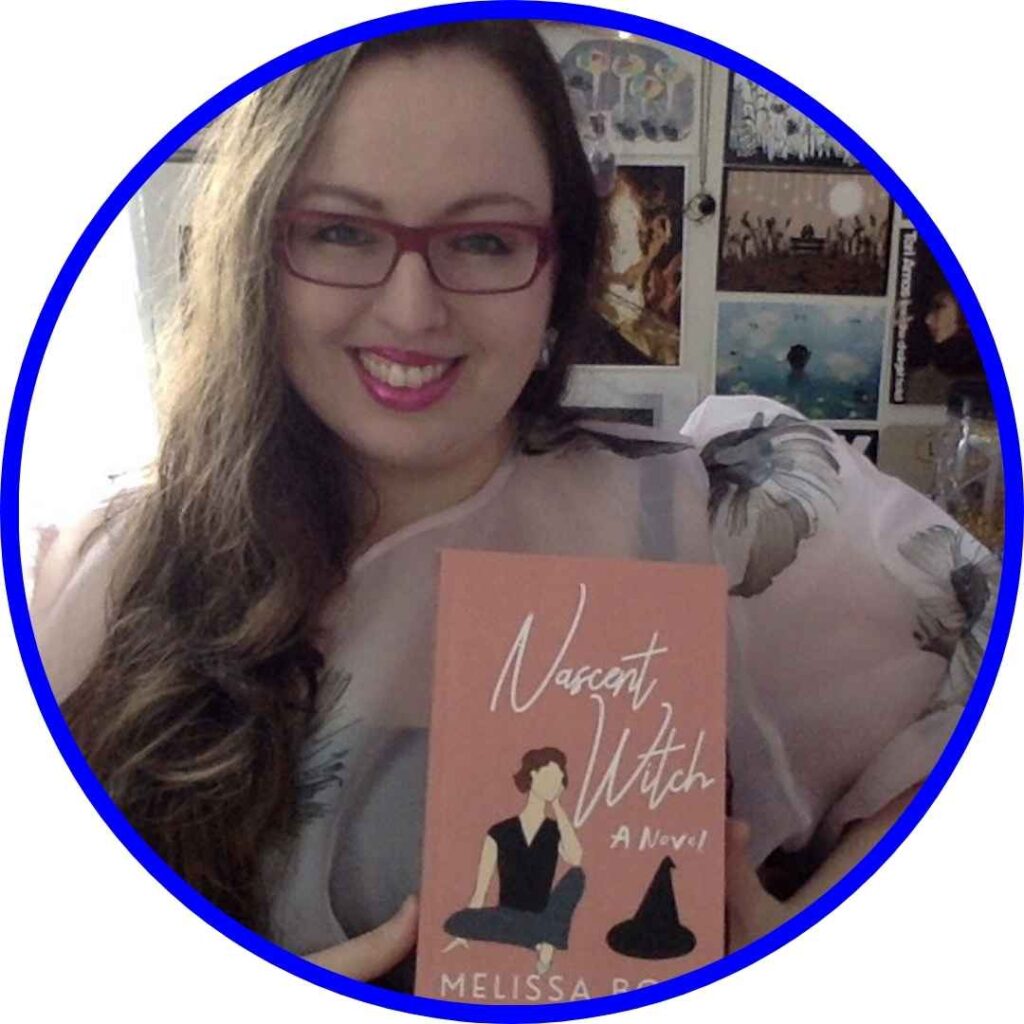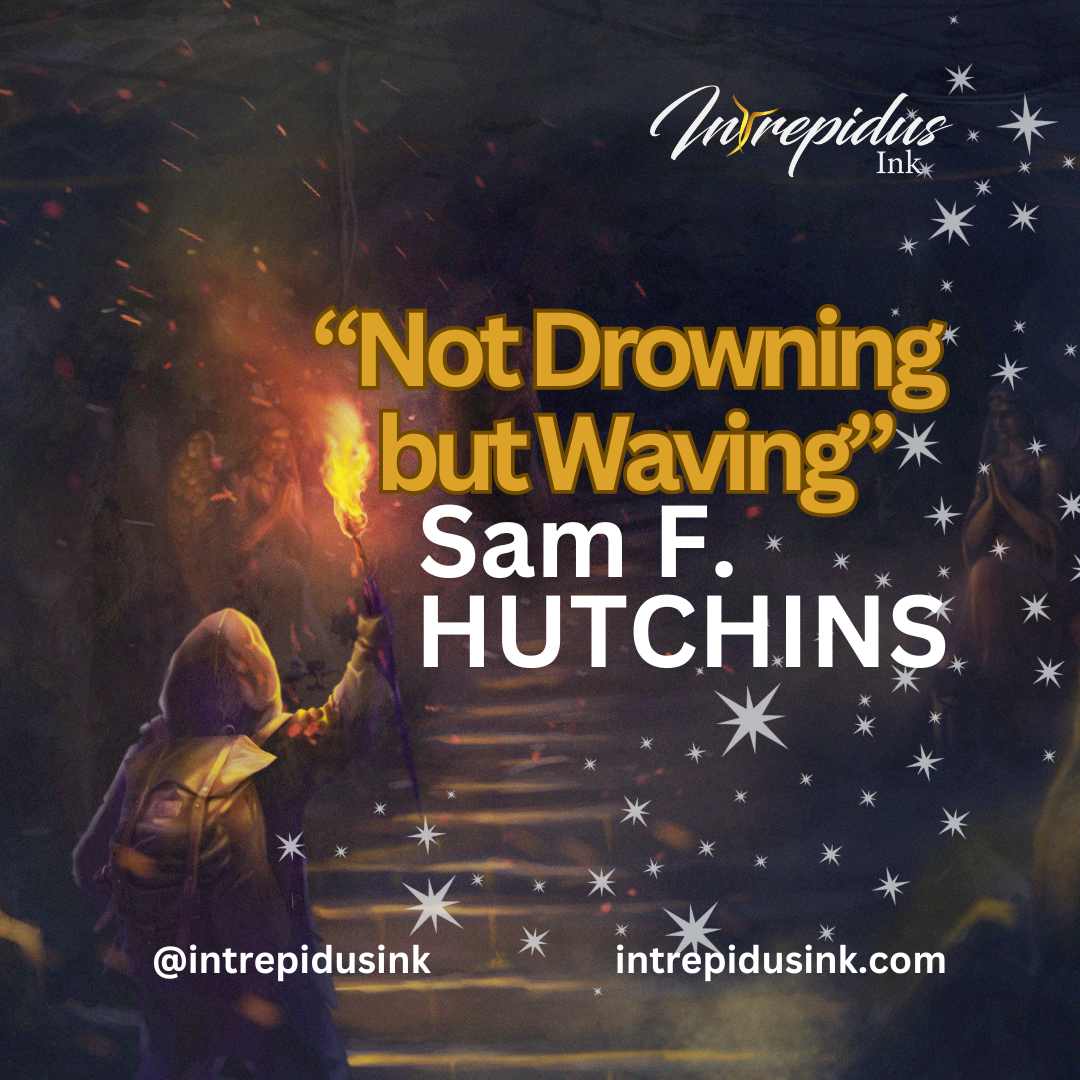

Literary Fiction
I.
V
enice was sinking.
Ava had known this for some time. She was unafraid of bees, heights, spiders–all the crawling, breath-stealing things people seemed to dread. She often thought of what it might mean to sink as a city, a swarming mass of lives amidst a swarming mass of buildings split and ordered by deadly water, lapping at the stones of streets with so many aquatic tongues, patiently waiting for an inevitable meal to descend.
Venice might be sinking, but that was Venice, and she was Ava.
Sinking was not for her.
II.
It was morning. She was waiting to see if the sun would rise in fiery golden glory or be muted behind a grey expanse of glory-stealing clouds. Either way, there would be light, and Ava would meet another day.
Days had ceased to matter, their passage untraceable as dull inquietude filled her.
Her thirties might end her if she made it to them.
When had light lost its luster? When had days become an endless monotony? The only things to change were how much light entered her room each morning and how weak her grasp on her purpose remained.
III.
An advertisement flashed onto her screen. She realized she had seen this ad before. It was in her trash bin–not the one in the righthand corner of the screen; a paper incarnation resting amidst used tissues and unwanted mail. She pulled the paper ad from the debris and found it identical to its digital twin. She held one with her hands, both with her eyes.
Dance lessons, the twin advertisements said.
In her neighborhood, they went on.
Within her budget, they concluded.
Amidst soiled tissues and cold blue light: a thought.
IV.
Ava’s last relationship had been, like the passing days, not worth remarking on. They had been too different to be anything lasting. And what is a relationship that inevitably won’t last? Doom was apparent in their very existence as a couple: the two had happiness caught beneath them as though in the ice of a frozen lake on which they stood, visible but unreachable.
V.
Once upon a time, Ava had been remarkable.
Viewing the distant past was never easy. It rose like a painting, like a desert, wide and consistent but vague, resisting the eye’s desire for clarity. Past lives lived in the back of the self, where one divined origins and intent.
Greatness smelled like winter air, cold and relentless, as it froze the eyes wide enough to blur sight.
VI.
The future was a bird. Birds cut the invisible totality that is the sky, divided it not unlike the canals of Venice split the city, their paths a million golden strings on which the days to come were balanced. Birdsong told you where to step so you did not fall off your glimmering tightrope of a future; vulnerability to whatever predators might lurk nearby was contingent on how long those golden threads of severed sky would prove.
VII.
She couldn’t get dancing out of her head.
It wasn’t the ad itself but the experience of seeing it twice that incited thoughts of moving feet and rhythmic limbs echoing where only she could hear them.
Inconvenient, but welcome all the same.
VIII.
Thinking of Venice meant ignoring the city she was actually in. Friends, family, work, and life all happened to be there, but she felt dragged down and muted by constant noise. What is there to be done when there is always something to do?
IX.
But at the end of each day, Ava felt like a woman alone in a theater at night, the last one standing at the edge of a balcony in the nosebleeds, red pants on, and strange men gazing as they murmured things she could not hear from the darkness of the aisles.
This was not treading water.
This was not her style.
X.
There was a postscript on the advertisement that Ava hadn’t noticed.
Dance lessons
in her neighborhood
within her budget
in an orchid garden
She’d smelled the garden but had never seen it, had breathed its subtle perfumes the way she did the smell of dollar pizza and even sewers on a hot day, alluring in their stink. She’d walked by but never had reason to enter.
Now she did.

An Interview With Melissa Bobe
Intrepidus Ink: Let’s discuss themes. Writers tend to gravitate to their favorites–please share yours, paying particular attention to how and why you incorporate the magical city of Venice into this piece. Is it a bit of a departure from your other stories?
Melissa Bobe: This is something of a departure for me—I write stories mostly set in made-up towns and cities, so for me to even reference a real-world location is unusual. “Until You Can Float” is the result of a tarot reading; if you follow the structure, it’s a ten-card Celtic Cross spread. For Ava, Venice is a perfect city to think about because, of course, she isn’t in a position to travel anywhere so extravagant.
II: You’re incredibly involved in the writing community! Discuss how participation as The Writing Hive organizer, an NYC NaNoWriMo Municipal Liaison, and a Co-Regional Advisor for the Metro NY Chapter of the Society of Children’s Book Writers and Illustrators impacts you as an author.
MB: I really believe paying it forward is the best way artists can contribute to their community. We’re all broke and overscheduled, but whatever anyone can offer will absolutely be appreciated. I got a lot of guidance when I was starting out, and I want to see other writers succeed. Organizing events for fellow creatives is one way I can give back.
II: Recap your latest project(s) and what’s next for you.
MB: My recent novella, SEASON OF THE WITCH, is an introduction to two of those imagined places I mentioned. Mire and Ember Hollow are sister towns that, if they had to exist on a map, would probably be somewhere north of New York City. I’ve written some stories also set in the sister towns that I’m currently shopping to markets.
In the meantime, I’m working on FAMILIAR TERRITORY, the sequel to my novel NASCENT WITCH. It’s taken longer than I’d planned to write, but I think the extra time will prove worthwhile. Readers and critics seemed to enjoy the first book (even Kirkus, which was exciting!), so I’m hopeful that the second will be well received.
II: AWESOME projects and well-deserved praise! Best wishes to you, Melissa, and thank you.
Author Bio

Melissa Bobe is the author of Season of the Witch, Nascent Witch, and Sibyls. Her collection Electric Trees won the 2023 New York Author Project. She has recently published fiction with Bards and Sages, Urhi Publishing, Wyldblood Press, and World Weaver Press. After years of teaching college English, Melissa now works as a librarian. Read more of Melissa’s stories at abookbumble.

